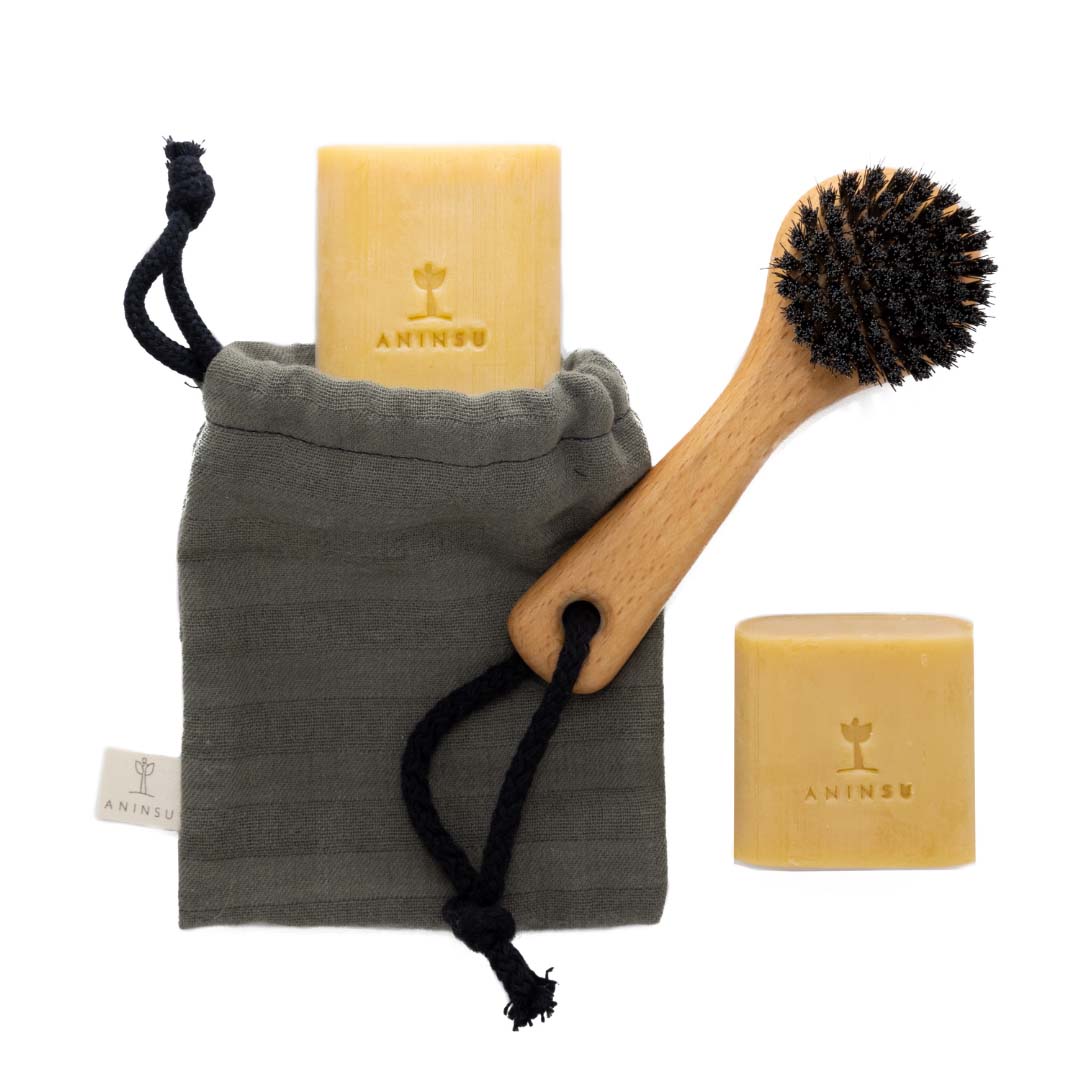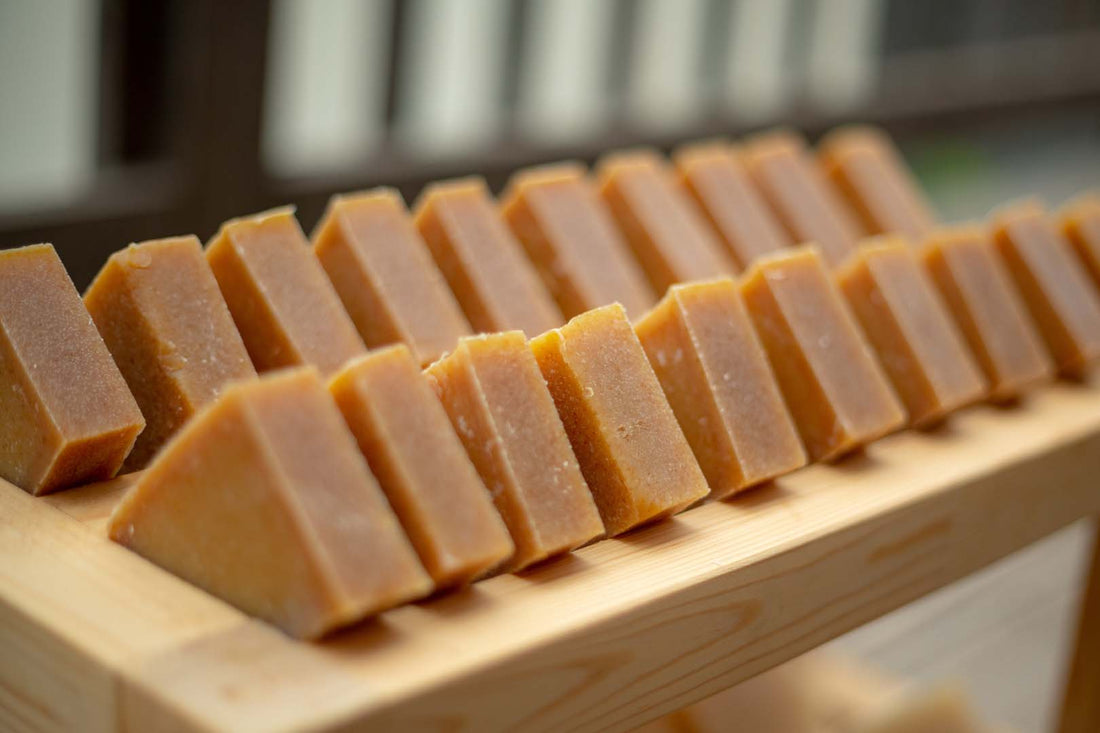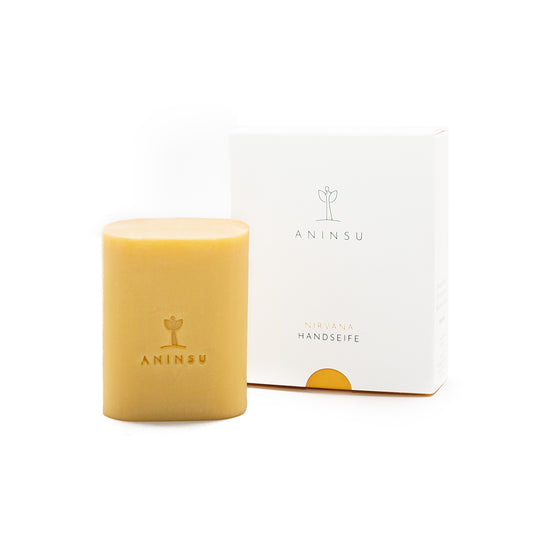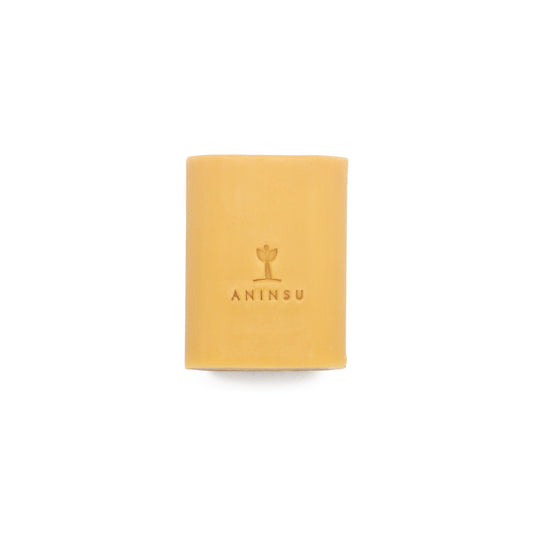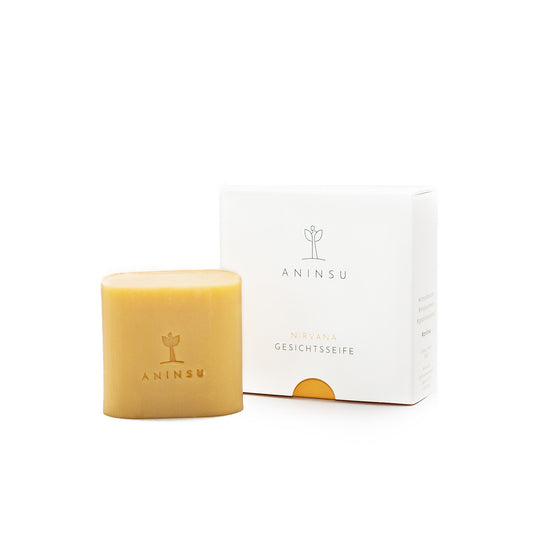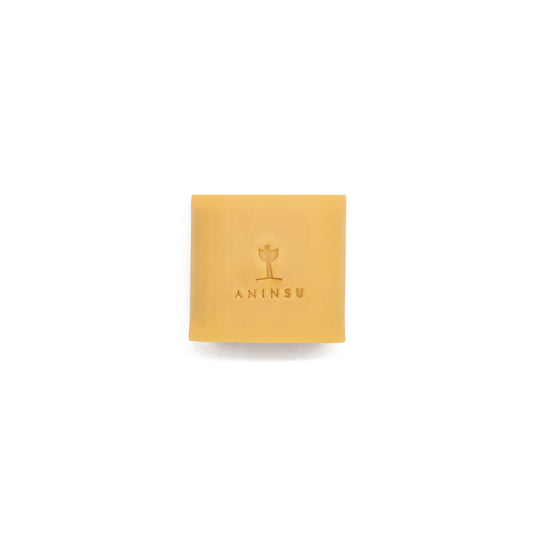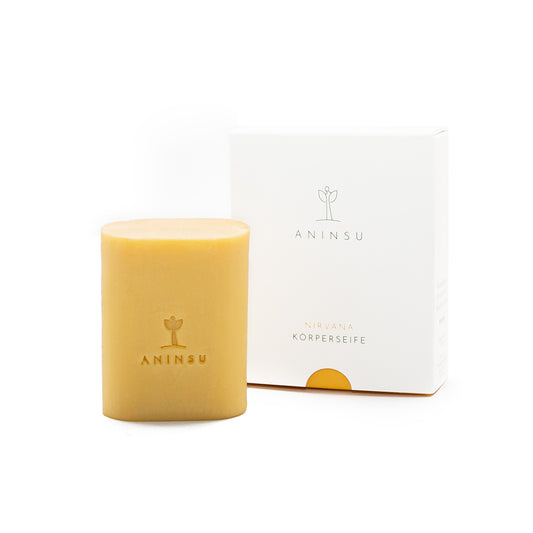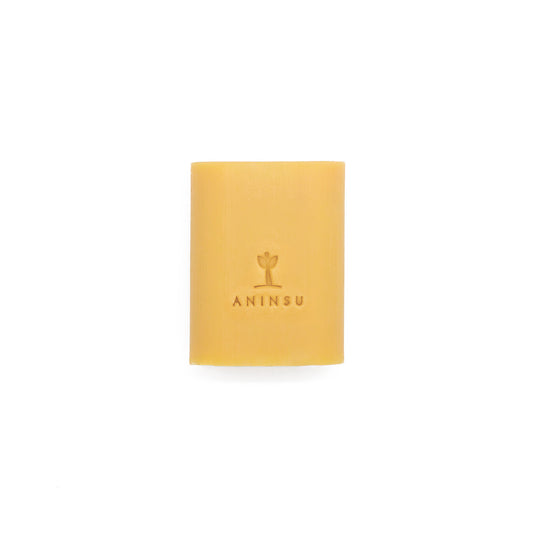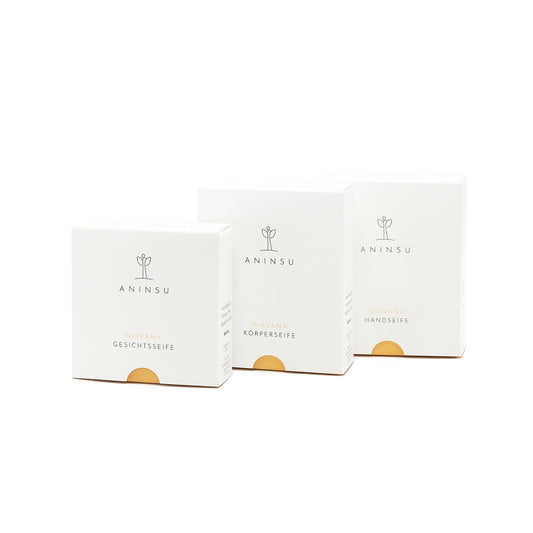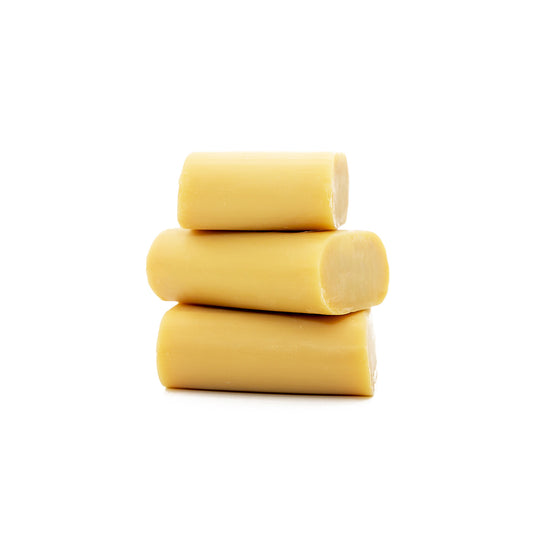For centuries, soap has been used as a basic cleanser for the skin. It has the ability to remove dirt, sebum and bacteria and keep the skin clean and fresh. But recently, the question of whether soap is actually good for the skin or whether it can potentially damage it has come up again and again.
Soap and the pH of the skin
One of the main reasons why soap is sometimes considered bad for the skin is related to the pH of the skin. This value is a measure of how acidic or alkaline a substance is. The normal pH of the skin is between 4.5 and 5.5, which makes it slightly acidic. This acidic pH helps protect the skin from harmful bacteria and environmental factors and supports the skin's barrier function. Soaps usually have an alkaline pH, which can disrupt the skin's natural value. However, soap is something that we wash off the skin after cleansing, so on the one hand the disruption is quite brief and temporary. On the other hand, it is often overlooked that no one uses pure, simple soap such as curd soap for skin cleansing, but soap with nourishing additives such as essential oils, so that the enormous nourishing effect is much more important than the short-term pH value disturbance.
Why is this so? The accusation is often that soap dries out the skin due to the aforementioned disturbance. If, however, the soap has a moisturising effect and also contains skin care substances in its formula, this drying out is not only prevented, but the skin is also well and sensibly cared for. It is also important to always look at who is making such criticisms. Usually, these are people who are part of the cosmetic or medical industry and have an interest in selling more complex, sometimes much more expensive products, which is why doctors, for example, are also part of this narrative. Especially for people with dry, sensitive skin, however, the following often applies rather: less is more, i.e. a few, carefully selected ingredients with proven effects in a sustainably caring composition.
The importance of natural ingredients
Another important consideration when using soap is the composition of the ingredients. Traditional soaps, especially those with chemical additives and artificial fragrances, can irritate the skin and cause allergic reactions. Natural soaps, on the other hand, often contain high-quality ingredients such as plant oils, essential oils and herbal extracts that gently cleanse and moisturise the skin at the same time. Natural soaps are free of harmful chemicals and can therefore support skin care without harming the skin.
The correct use of soap
The way we use soap can also make a big difference to our skin. Frequent and excessive washing with soap can strip the skin's natural oils and lead to dryness and irritation. It is therefore advisable to limit the use of soap to those parts of the body that really need to be cleaned, such as the hands, face and armpits, while other areas can be rinsed with plain water. Of course, this only applies to normal cases. If you have exercised and sweated a lot, or if you find yourself in the shower after work and are not clean, then everything that needs cleaning must be cleaned. Daily general soaping or lathering from head to toe makes no sense. Always listen to your skin, because the principle "less is more" also applies here.
The benefits of the right soap
When used correctly, soap can have many benefits for the skin. It cleanses the skin thoroughly and removes dirt and excess sebum, which can reduce the risk of blemishes. Natural soaps with moisturising ingredients can hydrate the skin and keep it soft and supple. In addition, certain essential oils in soaps can have anti-inflammatory and soothing properties that can help treat skin conditions such as acne or eczema.
Conclusion: choosing the right soap
In conclusion, soap in itself is not bad for the skin, rather it is the choice of an appropriate soap and it's application that matters. Natural soaps with skin-friendly ingredients can gently cleanse and moisturise the skin. It is important to avoid soaps with harmful chemicals and artificial fragrances and instead use natural alternatives. By choosing and using soap correctly, it can be a valuable skin care tool and help maintain healthy and radiant skin.
